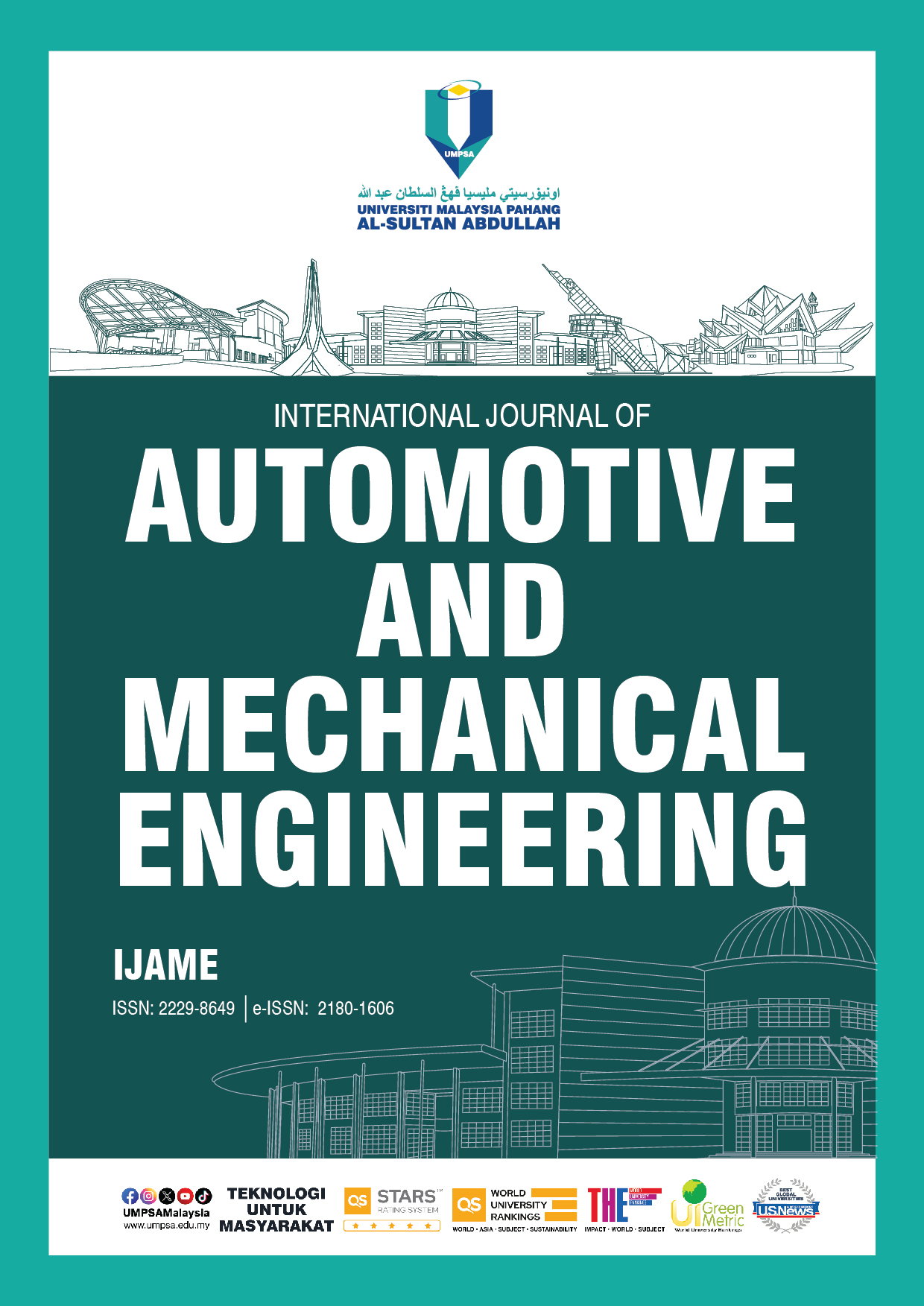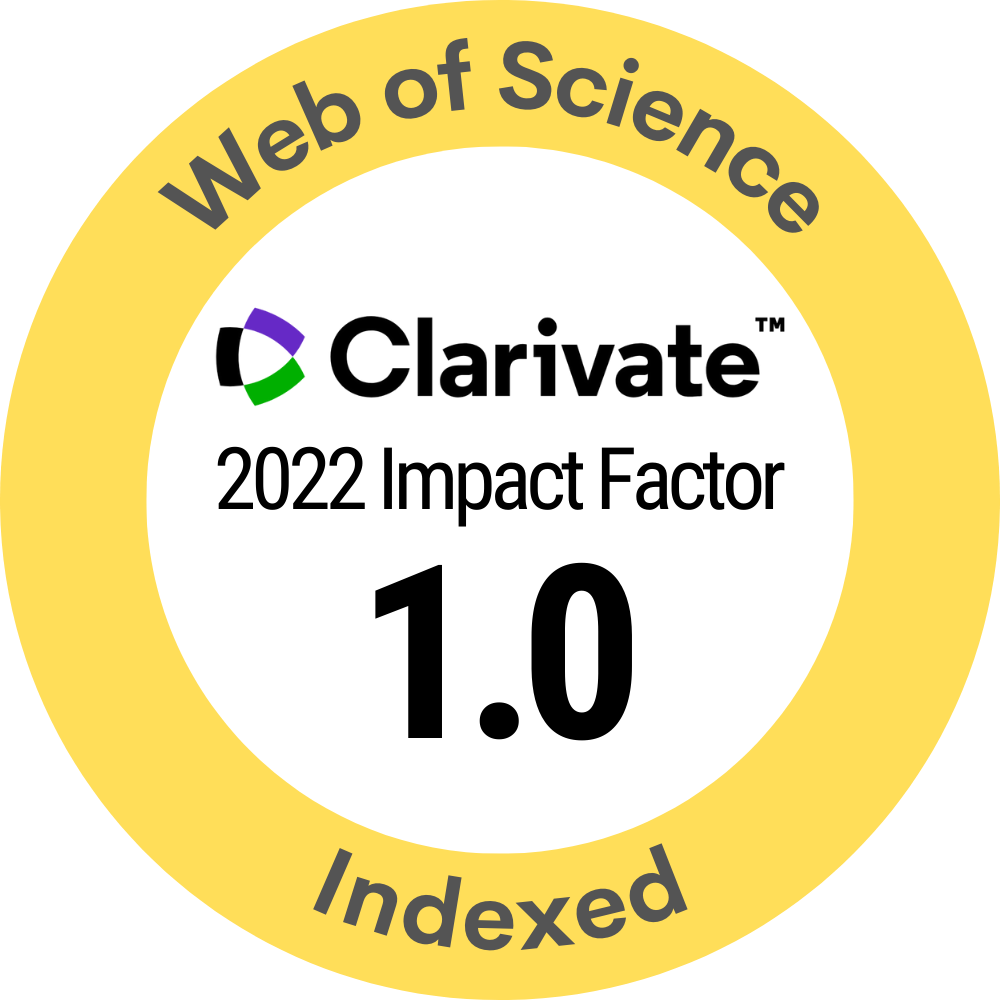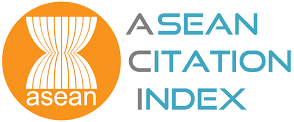Optimization of Cost-Based Hybrid Flowshop Scheduling Using Teaching-Learning-Based Optimization Algorithm
DOI:
https://doi.org/10.15282/ijame.21.3.2024.13.0896Keywords:
Cost optimization, Hybrid flowshop, Scheduling, TLBO algorithmAbstract
A cost-based hybrid flowshop scheduling (CHFS) combines flow shop and job shop elements, with cost considerations as a key indicator. CHFS is a complex combinatorial optimization challenge encountered in real-world manufacturing and production environments. This paper investigates the optimization of a CHFS problem using the Teaching Learning-Based Optimization (TLBO) algorithm. Effective CHFS is crucial for achieving production balance, reducing costs, and improving customer satisfaction. The authors formulate the CHFS scheduling problem and propose applying the TLBO algorithm to minimize total costs, including labor, energy, maintenance, and delay expenses. The performance of the TLBO technique is evaluated through computational experiments on various CHFS problem instances. The results demonstrate the effectiveness of the TLBO algorithm, which achieved the best results in 42% of the test cases, surpassing other algorithms like the Grey Wolf Optimizer and Particle Swarm Optimization. Additionally, the TLBO algorithm had the highest average performance ranking across the comparative algorithms. The study highlights the potential of the TLBO algorithm as an efficient optimization tool for complex manufacturing scheduling problems.
References
S. Khuri, T. Bäck, and J. Heitkötter, “An evolutionary approach to combinatorial optimization problems,” Proceedings of the 22nd annual ACM Computer Science Conference on Scaling up: meeting the challenge of complexity in real-world computing applications meeting the challenge of complexity in real-world computing applications - CSC ’94, 1994.
D. Istokovic, M. Perinic, M. Vlatkovic, and M. Brezocnik, “Minimizing total production cost in a hybrid flow shop: A simulation-optimization approach,” International Journal of Simulation Modelling, vol. 19, no. 4, pp. 559–570, 2020.
Z. Han, X. Ma, L. Yao, and H. Shi, “Cost optimization problem of hybrid flow-shop based on PSO algorithm,” in Advanced Materials Research, 2012, pp. 1616–1620, 2012.
E. Osaba, E. Villar-Rodriguez, J. Del Ser et al., “A tutorial on the design, experimentation and application of metaheuristic algorithms to real-world optimization problems,” Swarm and Evolutionary Computation, vol. 64, p. 100888, 2021.
J.N.D. Gupta, K. Krüger, V. Lauff, F. Werner, and Y.N. Sotskov, “Heuristics for hybrid flow shops with controllable processing times and assignable due dates,” Computers & Operations Research, vol. 29, no. 10, pp. 1417–1439, 2002.
A. Janiak, E. Kozan, M. Lichtenstein, and C. Oǧuz, “Metaheuristic approaches to the hybrid flow shop scheduling problem with a cost-related criterion,” International Journal of Production Economics, vol. 105, no. 2, pp. 407–424, 2007.
M. Dorigo, V. Maniezzo, and A. Colorni, “Ant System: Optimization by a Colony of Cooperating Agents,” IEEE Transactions on Systems, Man, and Cybernetics, Part B (Cybernetics), vol. 26, no. 1, pp. 29–41, 1996.
Y. Wang, J. Tang, Z. Pan, and C. Yan, “Particle swarm optimization-based planning and scheduling for a laminar-flow operating room with downstream resources,” Soft Computing, vol. 19, no. 10, pp. 2913–2926, 2015.
S. Schulz, “A genetic algorithm to solve the hybrid flow shop scheduling problem with subcontracting options and energy cost consideration,” in Information Systems Architecture and Technology: Proceedings of 39th International Conference on Information Systems Architecture and Technology–ISAT 2018: Part III, pp. 263-273. Springer International Publishing, 2019.
Z. Han, X. Meng, B. Ma, and C. Wang, “Cost optimization problem of hybrid flow-shop based on differential evolution algorithm,” in Advanced Materials Research, 2012, pp. 1692–1700, 2012.
E.A. Khan and M.K. Shambour, “An optimized solution for the transportation scheduling of pilgrims in Hajj using harmony search algorithm,” Journal of Engineering Research, vol. 11, no. 2, p. 100038, 2023.
R.V. Rao, V.J. Savsani, and D.P. Vakharia, “Teaching-learning-based optimization: A novel method for constrained mechanical design optimization problems,” CAD Computer Aided Design, vol. 43, no. 3, pp. 303–315, 2011.
L. Fanjul-Peyro, F. Perea, and R. Ruiz, “Models and metaheuristics for the unrelated parallel machine scheduling problem with additional resources,” European Journal of Operational Research, vol. 260, no. 2, pp. 482–493, 2017.
Y. Fei and H. Ma, “Multiobjective joint optimization of batch-discrete hybrid flow shop scheduling integrated with machine maintenance,” In 2018 5th International Conference on Industrial Engineering and Applications (ICIEA), pp. 247-253, 2018.
W. Songserm and T. Wuttipornpun, “MIP-based heuristic algorithm for finite capacity MRP problem in hybrid flow shop with unrelated parallel machines,” International Journal of Industrial and Systems Engineering, vol. 33, no. 2, p. 181, 2019.
X. Lian, Z. Zheng, C. Wang, and X. Gao, “An energy-efficient hybrid flow shop scheduling problem in steelmaking plants,” Computers & Industrial Engineering, vol. 162, p. 107683, 2021.
W. Shao, Z. Shao, and D. Pi, “A network memetic algorithm for energy and labor-aware distributed heterogeneous hybrid flow shop scheduling problem,” Swarm and Evolutionary Computation, vol. 75, p. 101190, 2022.
W. Sukkerd, J. Latthawanichphan, T. Wuttipornpun, and W. Songserm, “Non-population metaheuristics with a new fitness evaluation to minimise total penalty costs for a hybrid flow shop with assembly operations scheduling problem,” in Proceedings - 2021 Research, Invention, and Innovation Congress: Innovation Electricals and Electronics, RI2C 2021, Institute of Electrical and Electronics Engineers Inc., Sep. 2021, pp. 340–346, 2021.
X. An, G. Si, T. Xia, D. Wang, E. Pan, and L. Xi, “An energy-efficient collaborative strategy of maintenance planning and production scheduling for serial-parallel systems under time-of-use tariffs,” Applied Energy, vol. 336, p. 120794, 2023.
A. Ziaeifar, R. Tavakkoli-Moghaddam, and K. Pichka, “Solving a new mathematical model for a hybrid flow shop scheduling problem with a processor assignment by a genetic algorithm,” The International Journal of Advanced Manufacturing Technology, vol. 61, no. 1–4, pp. 339–349, 2011.
X.K. Tian, B.C. Ma, J.W. Zhang, R.Y. Zhao, and J. Wang, “Research on multi-objective optimization and simulation to HFSSP hybrid flow-shop scheduling problem for energy saving,” IOP Conference Series: Materials Science and Engineering, vol. 504, p. 012108, 2019.
P. Li, Q. Xue, Z. Zhang, J. Chen, and D. Zhou, “Multi-objective energy-efficient hybrid flow shop scheduling using Q-learning and GVNS driven NSGA-II,” Computers & Operations Research, vol. 159, p. 106360, 2023.
M. Tsiftsoglou, M. Marinaki, and I. Marinakis, “Addressing the single and multiobjective energy-aware flowshop scheduling problem through diverse variations of the PSO algorithm,” Available at SSRN 4798449, 2024.
K. Worasan, K. Sethanan, R. Pitakaso, T. Jamrus, K. Moonsri, and P. Golinska-Dawson, “A hybridization of PSO and VNS to solve the machinery allocation and scheduling problem under a machinery sharing arrangement,” Intelligent Systems with Applications, vol. 18, p. 200206, 2023.
J. Du, J. Mumtaz, and J. Zhong, “Improved spider monkey optimization algorithm for hybrid flow shop scheduling problem with lot streaming,” Engineering Proceedings, vol. 45, no. 1, p. 23, 2023.
Z. Han, X. Dong, and S. Lin, “An effective DE algorithm for hybrid flow shop load balancing scheduling problem,” Advances in Computer Science Research, pp. 213-217, Atlantis Press, 2015.
C. Song, “A self-adaptive multiobjective differential evolution algorithm for the unrelated parallel batch processing machine scheduling problem,” Mathematical Problems in Engineering, vol. 2022, no. 1, p. 5056356, 2022.
D. Lei, J. Zhang, and H. Liu, “An adaptive two-class teaching-learning-based optimization for energy-efficient hybrid flow shop scheduling problems with additional resources,” Symmetry, vol. 16, no. 2, p. 203, 2024.
J.N. Shen, L. Wang, and H.Y. Zheng, “A modified teaching-learning-based optimisation algorithm for bi-objective re-entrant hybrid flowshop scheduling,” International Journal of Production Research, vol. 54, no. 12, pp. 3622–3639, 2016.
D. Lei, L. Gao, and Y. Zheng, “A novel teaching-learning-based optimization algorithm for energy-efficient scheduling in hybrid flow shop,” IEEE Transactions on Engineering Management, vol. 65, no. 2, pp. 330–340, 2018.
A. Baykasoǧlu, A. Hamzadayi, and S. Y. Köse, “Testing the performance of teaching-learning based optimization (TLBO) algorithm on combinatorial problems: Flow shop and job shop scheduling cases,” Information Sciences, vol. 276, pp. 204–218, 2014.
L.R. Rodrigues and J.P. Pordeus Gomes, “TLBO with variable weights applied to shop scheduling problems,” CAAI Transactions on Intelligence Technology, vol. 4, no. 3, pp. 148–158, 2019.
K.N. Reddy and G. Padmanabhan, “Teaching learning based optimization (TLBO) for job shop scheduling problems,” In First International Conference on Productivity, Efficiency and Competitiveness in Design and Manufacturing, Coimbatore, Tamilnadu, India, pp. 444 – 449, 2016.
A. Manzoor et al., “User comfort oriented residential power scheduling in smart homes,” In Innovative Mobile and Internet Services in Ubiquitous Computing: Proceedings of the 11th International Conference on Innovative Mobile and Internet Services in Ubiquitous Computing (IMIS-2017), pp. 171-180. Springer International Publishing, 2018.
J. Carlier and E. Neron, “An exact method for solving the multi-processor flow-shop,” RAIRO-Operations Research-Recherche Opérationnelle, vol. 34, no. 1, pp. 1–25, 2000.
F. Marini and B. Walczak, “Particle swarm optimization (PSO): A tutorial,” Chemometrics and Intelligent Laboratory Systems, vol. 149, pp. 153–165, 2015.
T.V Mathew, “Genetic Algorithm,” Report submitted at IIT Bombay, vol. 53, 2012.
R.K. Hamad and T.A. Rashid, “GOOSE Algorithm: A powerful optimization tool for real-world engineering challenges and beyond,” Evolving Systems, vol. 15, pp. 1249–1274, 2024.
J.O. Agushaka, A.E. Ezugwu, and L. Abualigah, “Dwarf mongoose optimization algorithm,” Computer Methods in Applied Mechanics and Engineering, vol. 391, p. 114570, 2022.
S. Mirjalili, S.M. Mirjalili, and A. Lewis, “Grey wolf optimizer,” Advances in Engineering Software, vol. 69, pp. 46–61, 2014.
Downloads
Published
Issue
Section
License
Copyright (c) 2024 The Author(s)

This work is licensed under a Creative Commons Attribution-NonCommercial 4.0 International License.







